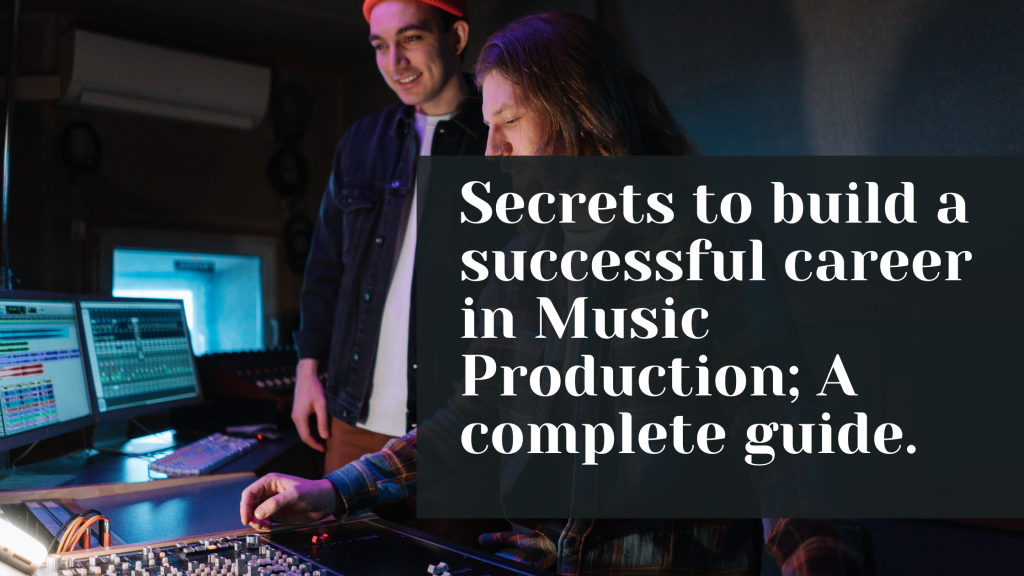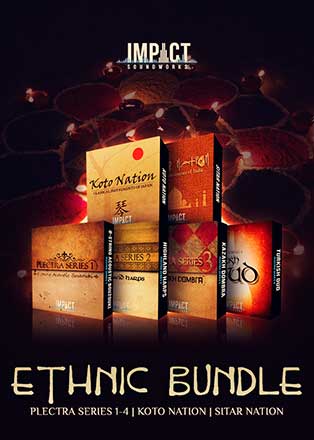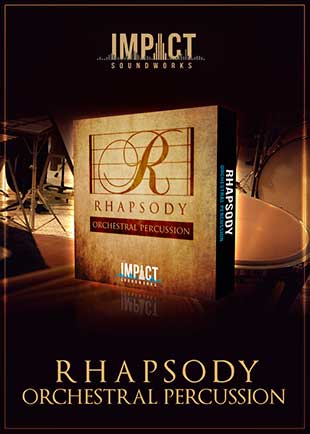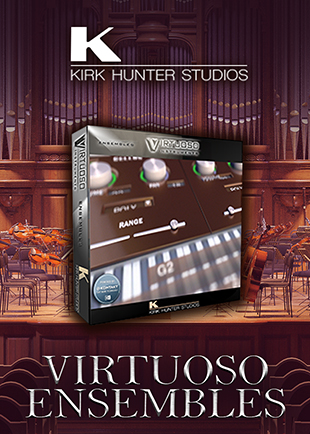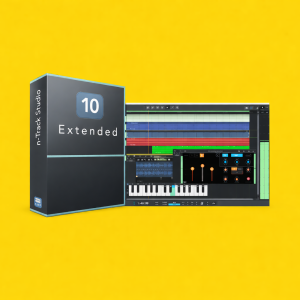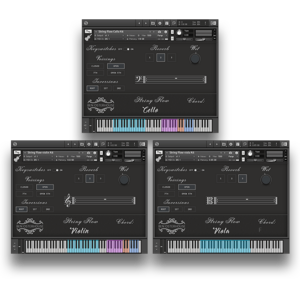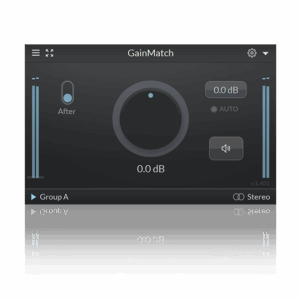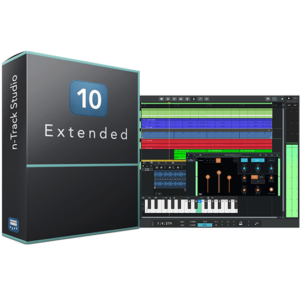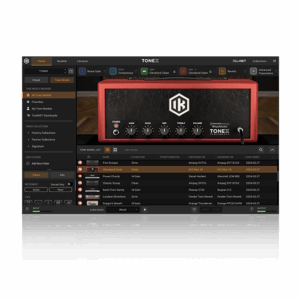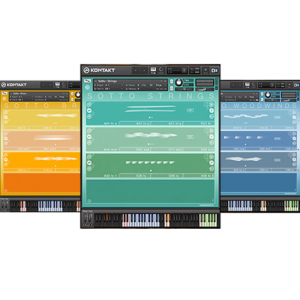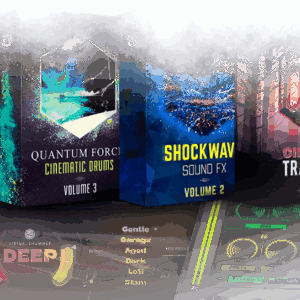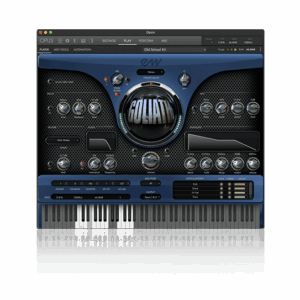In this article, you will learn about the secrets to building a successful career in the music production field. This article will work as a guide for anyone who wants to pursue music production as their career path. You will learn about the things you should and should not do. At the same time, I will share some of the things successful artists do in order to reach where they are.
The field of music production has completely changed in recent years, with the advancement of technology, all the instruments, effects, and hardware synthesizers have become virtual and cheap. Anyone with a decent laptop can make music now.
Although this is a good thing since it provides equal opportunity to people, it also increases the competition among the artists. That is why you need a good understanding of music production techniques, markets, and fields of study. We will discuss all these elements in this article. So without wasting time, let’s dive right in.
What is music production, and what does a music producer do?
But how do artists bring that pleasant feel to sound? This brings us to our next important question; What does a music producer do? Traditionally, music producers or record producers were the people responsible for guiding the entire process of recording, editing, mixing, mastering, etc, often participating in one or more processes of record production. Singers, instrumentalists, percussionists, everyone was dependent on the music producer.
However, with time this definition has changed. As everything from Instruments to synths and mixing hardwares became virtual, the work of music producers have changed as well. In modern era, music producers not only deal with audio editing, mixing, mastering and recording, they often take the role of sound designer, mastering engineer, instrumentalist and more.
These are some of the important works a music producer does –
- Pre-Production – It involves conceptualizing the idea, selecting songs, and planning the recording process.
- Recording – Recording is the stage where musical elements are captured on a recording device.
- Arrangement – Arrangement involves determining how different musical elements come together to create a finished product. A music producer works with artists to select the right instruments, vocals, and melodies to create a cohesive sound.
- Editing – Editing is the process of manipulating recorded sounds to create a polished and cohesive sound.
- Mixing – Mixing is the process of balancing individual tracks to create a cohesive sound. A music producer works with engineers to adjust volume levels, add effects, and create a final mix that sounds great.
- Mastering – Mastering is the final stage of the music production process. It involves preparing the final mix for commercial release. A music producer works with engineers to ensure that the final product sounds great on all types of audio systems.
Secrets to build a successful career in Music Production
Secrets to build a successful career in Music Production
In order to build a successful career in music production, you can follow these simple and effective steps –
- Create a Long as well as short-term plan.
- Network with other like-minded artists, singers, music marketers, etc
- Learn about the essential skills required for your field, and keep up with the latest trends, technology, and scope of your field.
- Learn about digital marketing and SEO.
- Collaborate with other artists and help them wherever you can.
Create a long and short-term plan.
Making a plan beforehand is an extremely important yet easily forgettable habit. Most artists believe that they will remember what they have to do on the upcoming day or schedule. However, they often forget about it. Having a personal notepad can help you break your workload in an efficient way and help you prepare a vision board.
Network with other like-minded artists, singers, music marketers, etc
Learn about the essential skills and keep up with the latest technology
Building a successful career in the music industry requires more than just a passion for music. It demands hard work, dedication, and a strong understanding of the technical and artistic skills required in music production.
Firstly, mastering the technical skills involved in music production is essential. This includes knowledge of digital audio workstations (DAWs), audio recording and editing, mixing, and mastering, and sound design and synthesis. A music producer must be proficient in using different software and equipment and have the ability to manipulate audio tracks to create a high-quality final product. By understanding and mastering these technical skills, a music producer can create a polished and professional-sounding track, which can attract more listeners and increase their chances of success in the industry.
In addition to technical skills, artistic skills are equally important for building a successful career in music production. A music producer must have a strong understanding of music theory and composition, as well as the ability to arrange and produce music using different techniques. Sound design and synthesis skills are also important for creating unique and interesting sounds that stand out in a crowded market. By honing these artistic skills, a music producer can create music that resonates with audiences, stands out from the competition, and ultimately, helps build a successful career in music production.
Learn about digital marketing and SEO
As a musician or music producer, you may be focused on creating great music, but in today’s digital age, it’s also essential to have a solid understanding of digital marketing and SEO (search engine optimization). Digital marketing and SEO are critical components of building a successful music career, and they can help you reach a wider audience, grow your fan base, and increase your revenue.
Digital marketing involves promoting your music and brand using various digital channels, such as social media, email, and paid advertising. It’s a highly effective way to reach your target audience and build a loyal fan base. Here are some of the key reasons why learning about digital marketing is crucial for building a good music career:
1. Increase Your Online Presence
With so many musicians and music producers competing for attention, it can be challenging to stand out from the crowd. Digital marketing can help you increase your online presence and get noticed by your target audience. By leveraging social media platforms like Instagram, Twitter, and Facebook, you can build a following and engage with your fans. You can also create a website and optimize it for search engines like Google so that fans can find you more easily online.
2. Connect With Your Fans
Digital marketing allows you to connect with your fans and build relationships with them. By regularly posting updates and engaging with your followers on social media, you can create a sense of community around your music. You can also use email marketing to keep your fans informed about your latest releases, concerts, and other news.
3. Increase Your Revenue
Digital marketing can also help you generate more revenue from your music. By promoting your music on digital platforms like Spotify, Apple Music, and YouTube, you can reach a wider audience and increase your streams and downloads. You can also sell merchandise and tickets to your concerts through your website and social media channels.
4. Analyze Your Results
One of the benefits of digital marketing is that it allows you to track and analyze your results. By using tools like Google Analytics and social media analytics, you can see how many people are engaging with your content, where they’re coming from, and what they’re interested in. This data can help you refine your digital marketing strategy and improve your results over time.
Collaborate with other artists and help them wherever you can.
As a music producer, your primary role is to produce the best music. However, the benefits of helping other artists extend far beyond simply fulfilling your professional obligations.
One of the most significant benefits of helping other artists is the opportunity to build a strong network within the music industry. By collaborating with other artists and producers, you can establish relationships that can lead to new opportunities and collaborations in the future. You never know when a connection you made early on in your career might lead to a significant breakthrough or career advancement down the road.
Furthermore, working with other artists can help you refine your skills as a producer. Each artist you work with has a unique style, perspective, and set of strengths and weaknesses. By collaborating with a variety of artists, you can expand your knowledge and skills, learn new techniques, and develop a more diverse and versatile production style.
Helping other artists can also help you build a reputation as a reliable and dedicated producer. Artists appreciate producers who are committed to their craft and who take the time to understand and support their creative vision. By going above and beyond to help other artists achieve their goals, you can establish yourself as a producer who is passionate about music and invested in the success of others.
Another key benefit of helping other artists is the potential for increased exposure and visibility. When you collaborate with other artists, you are exposed to their fan base and audience, and they are exposed to yours. This can help you expand your reach and connect with new fans and listeners.
Conclusion
building a successful career in music production requires a combination of technical skills, creativity, passion, and dedication. Whether you are just starting out or have been working in the industry for years, there is always room for improvement and growth.
By following the secrets outlined in this complete guide, you can set yourself up for success and increase your chances of achieving your goals as a music producer. Remember to stay focused, stay motivated, and always keep learning and improving.
Finally, it is essential to remember that building a career in music production is a journey, not a destination. It may not always be easy, and there will be ups and downs along the way. However, with hard work, perseverance, and a commitment to your craft, you can achieve great things and make your mark in the music industry.
So, keep practicing, keep creating, and keep pushing yourself to be the best producer you can be. With the right mindset, skills, and strategies, you can build a fulfilling and successful career in music production.
